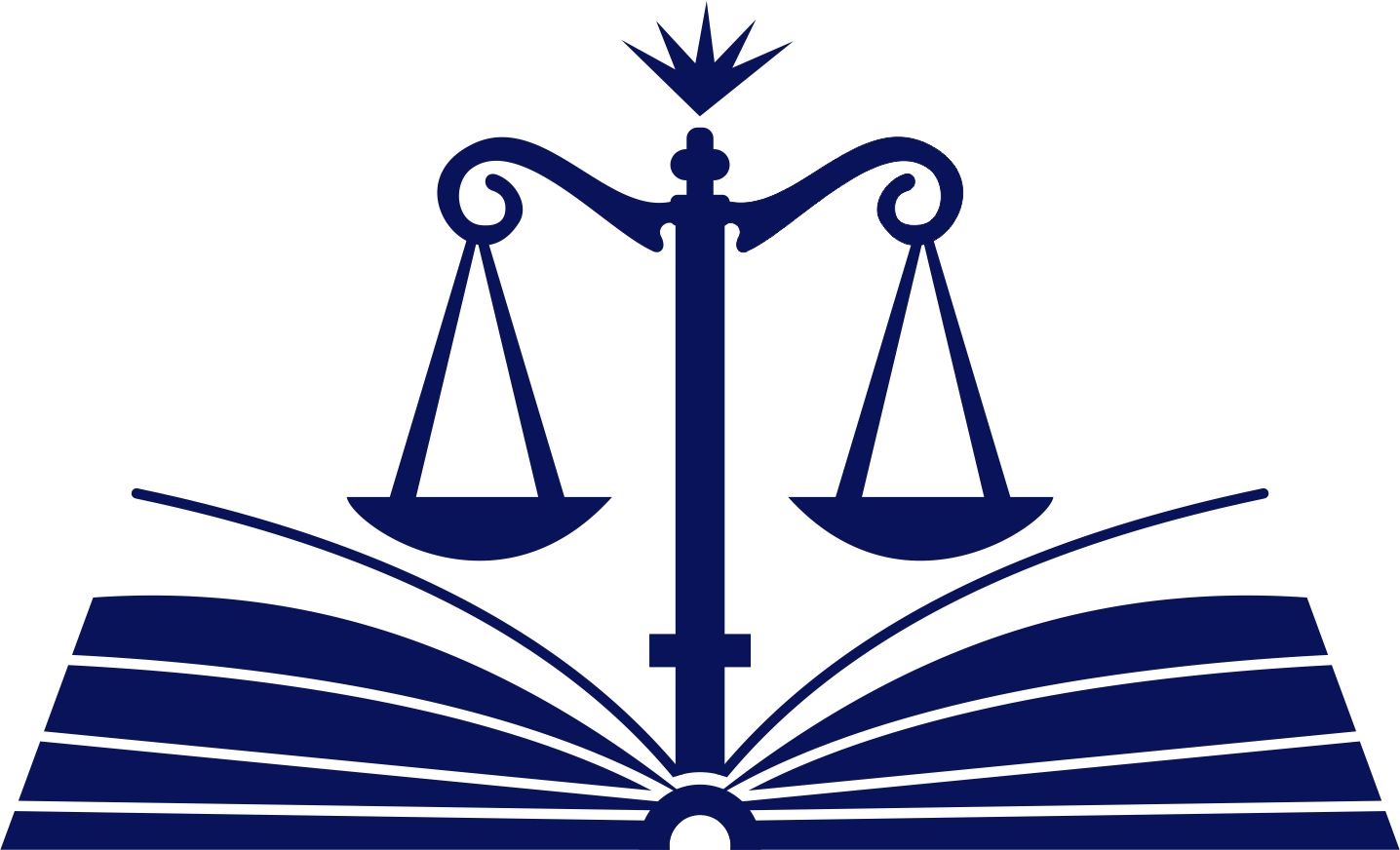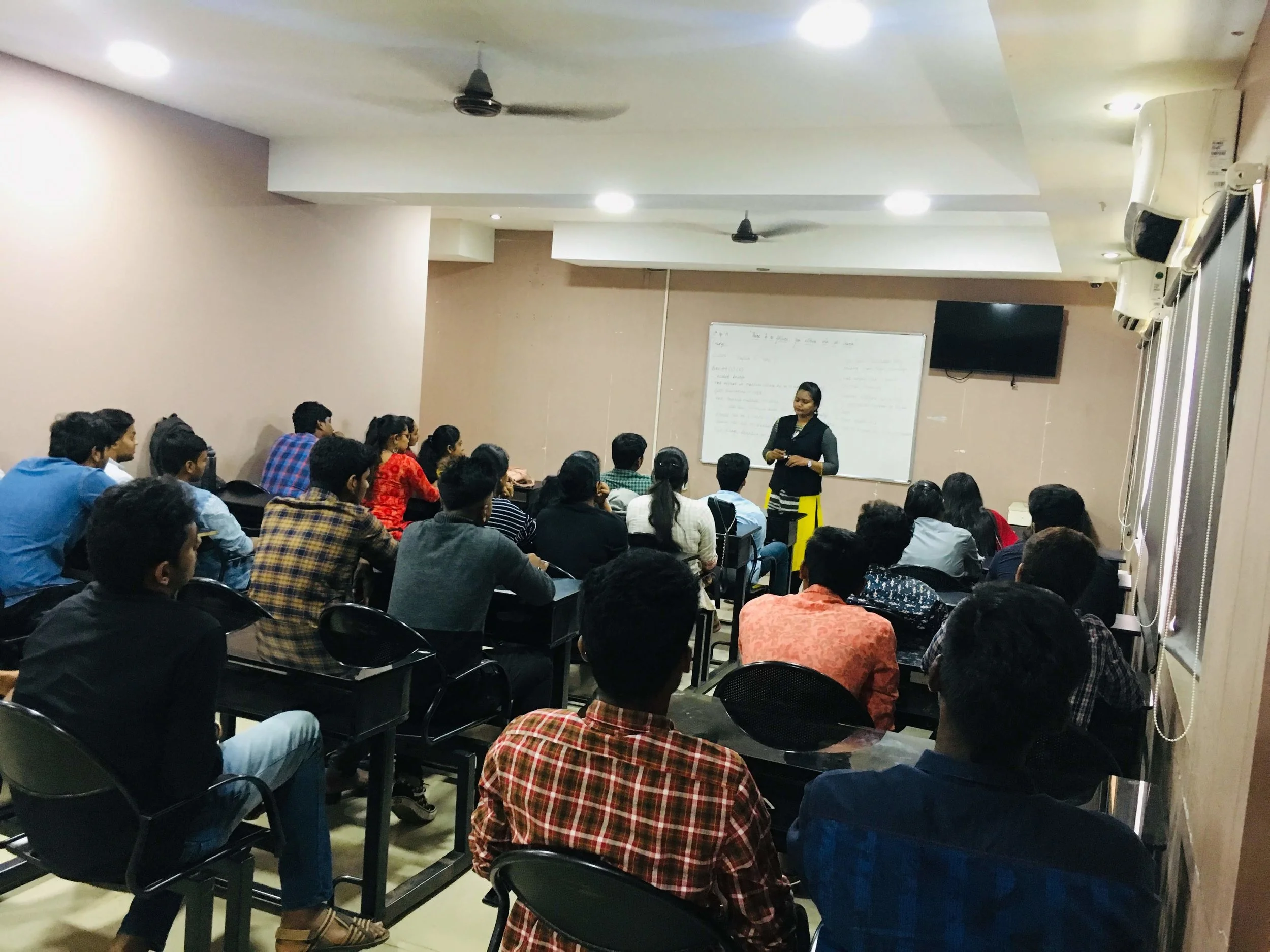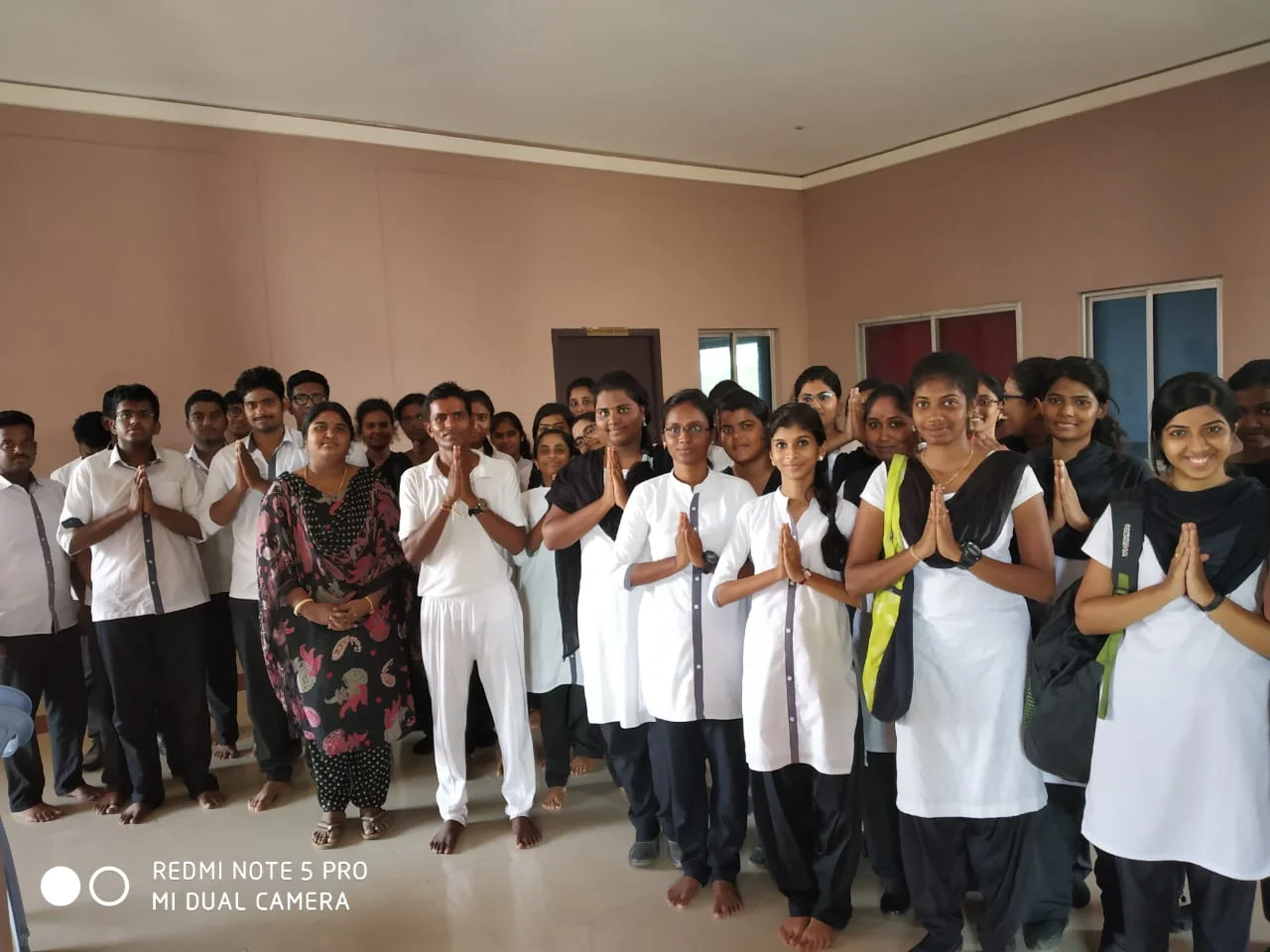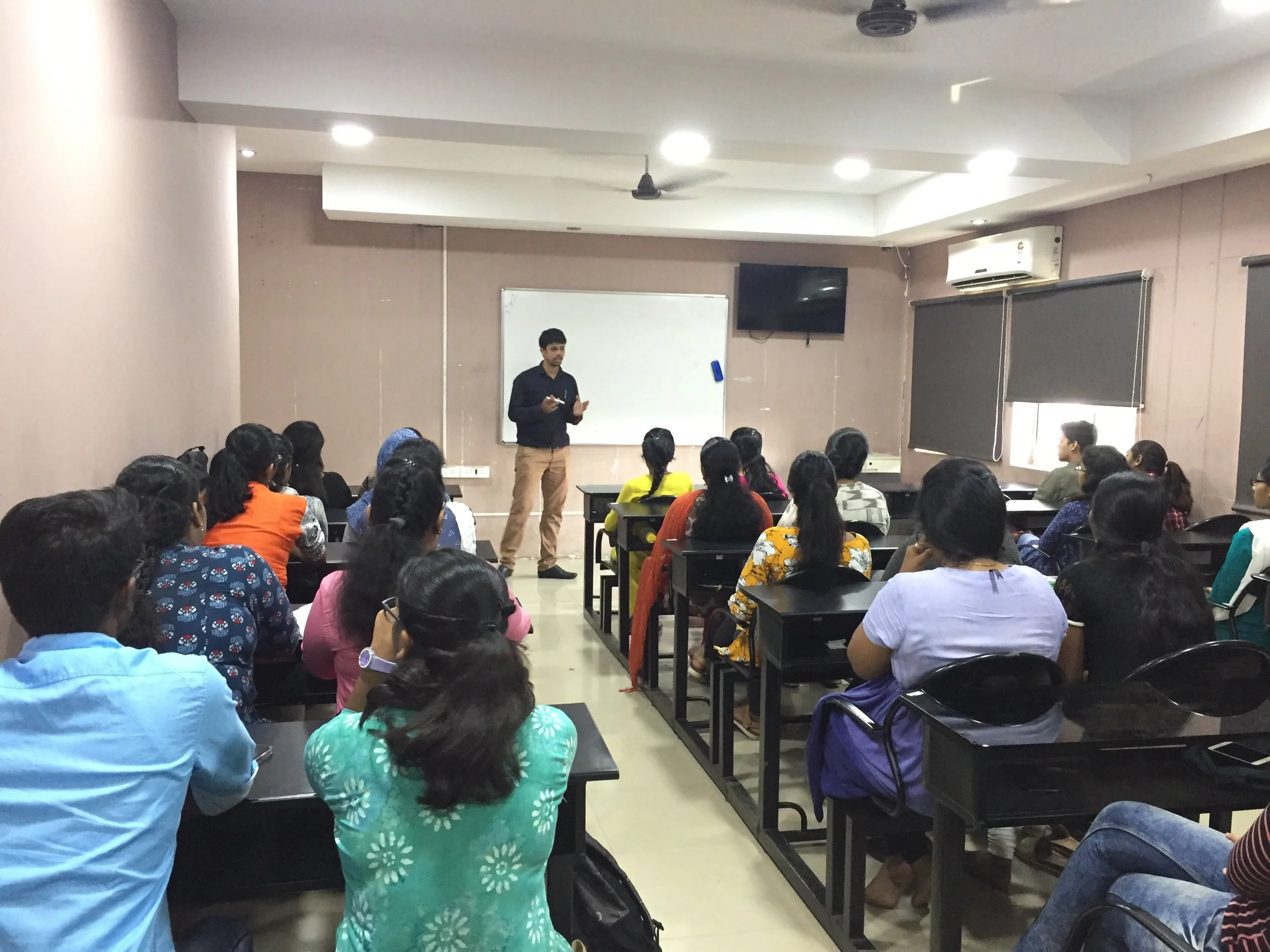Guest lecture on Taxation Laws was delivered by Ms.Athma Rubavathi , Guest Faculty, Govt Law college , Villupuram on 26 th April 2019 on Topic " Taxation structure and system in India" ,she covered various problems and issues relating to Tax laws and various aspects of GST and various types of taxes and the importance of tax system in India, and focused on present tax system and the procedure how the state and central government levy taxes and also discussed about how tax deductions and exceptions have been prone to misuse and consequential litigation and it was speculated that the government may pay down a roadmap to wind down these exemptions. The government may not allow the so-called sunset date to be advanced. Students interacted regarding the history of tax as...tax payment is mandatory for every citizen of the country. There are two types of tax in india i.e. direct and indirect. Taxation in India is rooted from the period of Manusmriti and Arthashastra. Present Indian tax system is based on this ancient tax system which was based on the theory of maximum social welfare and as.India has a well-developed tax structure with clearly demarcated authority between Central and State Governments and local bodies. Central Government levies taxes on income (except tax on agricultural income, which the State Governments can levy), customs duties, central excise and service tax.
Value Added Tax (VAT), (Sales tax in States where VAT is not yet in force), stamp duty, State Excise, land revenue and tax on professions are levied by the State Governments. Local bodies are empowered to levy tax on properties, octroi and for utilities like water supply, drainage etc.In last 10-15 years, Indian taxation system has undergone tremendous reforms. The tax rates have been rationalised and tax laws have been simplified resulting in better compliance, ease of tax payment and better enforcement. The process of rationalisation of tax administration is ongoing in India. Importance of VAT was also discussed as , most of the State Governments in India have replaced sales tax with VAT. Specificand she also explained regarding nature of deductions provided for varying amounts for interest payments on funds borrowed for business objectives, in-house R&D expenditure, investment-linked expenditure, business losses, royalties and fees and more.
Any charitable contribution made by a company to any charity is allowed as a tax-deductible expense, subject to certain conditions. The tax deductibility ranges from 50% to 100% of the charitable contribution, depending upon the nature of charity.
, most of the State Governments in India have replaced sales tax with VAT.and she also explained regarding nature of deductions provided for varying amounts for interest payments on funds borrowed for business objectives, in-house R&D expenditure, investment-linked expenditure, business losses, royalties and fees and more.The lecture came to end with an interaction with the students.




















